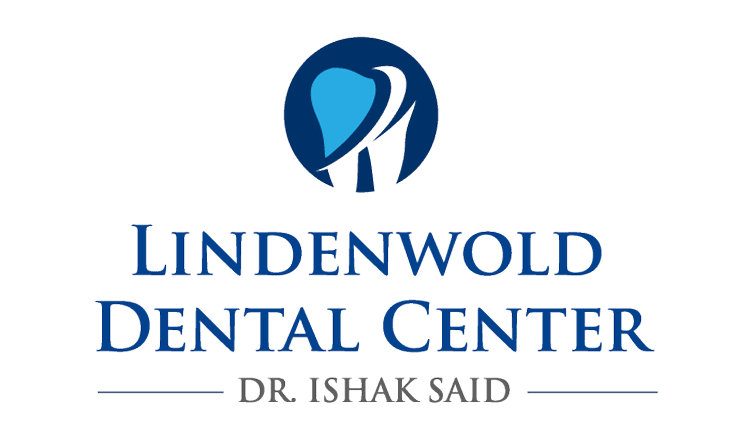When we lose a tooth, we face a crucial decision that impacts both our smile and overall health. Restorative dentistry offers options to replace missing teeth with dental implants or bridges, but these solutions work differently and provide distinct benefits for long-term oral health. Understanding the differences helps us make informed choices about our dental care.
Both options restore function and appearance, yet they affect our mouth's health in unique ways. We'll examine how each treatment works, explore its impact on oral health, and help you determine which solution best serves your needs. The right choice depends on various factors, including bone health, the condition of adjacent teeth, and long-term goals.
Understanding How Implants and Bridges Function
Dental implants replace the entire tooth structure, including the root and the crown. We surgically place a titanium post into the jawbone, where it fuses with the bone through osseointegration. This natural process creates a stable foundation for a crown that looks and functions like a natural tooth. The process takes several months but results in a complete replacement of the tooth.
Bridges span the gap left by missing teeth by connecting to adjacent teeth. We prepare the neighboring teeth by removing a portion of their enamel and then place crowns on them. The replacement tooth attaches to these crowns, creating a connected unit. Traditional bridges require healthy adjacent teeth for support, while other types use different attachment methods.
Impact on Adjacent Teeth and Bone Health
We consider this factor crucial for long-term oral health success. Implants stand alone and don't affect neighboring teeth, preserving their natural structure and strength. This approach maintains the integrity of healthy teeth and prevents unnecessary alterations that could lead to future problems.
Bridges require us to modify healthy adjacent teeth to serve as supports. We must remove a significant amount of enamel from these teeth, permanently altering their structure and potentially increasing sensitivity. This alteration raises the risk of future complications, including decay and the need for additional treatments. Our jawbone needs stimulation to maintain its density, and implants provide this through the titanium root, while bridges allow for bone loss in the area where the tooth is missing.
Durability and Maintenance Requirements
Implants excel in longevity, with studies showing 95% success rates over 10 years and many lasting decades with proper care. The titanium post doesn't decay, and we can replace the crown if needed without disturbing the implant foundation. This makes implants a superior long-term investment for oral health.
Bridges typically last 10 to 15 years before requiring replacement. The supporting teeth may develop issues over time, potentially compromising the integrity of the entire bridge. We also see bridges need more frequent repairs compared to implants. Maintenance differs significantly between options. Implants allow for regular brushing and flossing, while bridges require special cleaning tools and techniques to reach under the connected units.
Cost Considerations and Treatment Timeline
We often hear concerns about implant costs, but the long-term value becomes clear over time. While implants require a higher initial investment, their durability and minimal maintenance needs make them cost-effective over the decades. Bridges cost less upfront but require replacement every 10-15 years, resulting in ongoing maintenance expenses.
The treatment timeline varies significantly between options. We can complete bridge treatment in just a few weeks, providing immediate results for those who require a quick solution. Implant treatment takes several months as we wait for osseointegration, but this patience pays off with superior long-term outcomes. Some patients prefer the faster bridge timeline, while others prioritize the implant's long-term benefits.
Making the Right Choice for Your Oral Health
Several factors influence whether implants or bridges better serve your long-term oral health needs. We evaluate your overall health, bone density, the condition of adjacent teeth, and your personal preferences when recommending treatment. Age plays a role; younger patients often benefit more from implants due to their longevity, while certain medical conditions may make bridges a more suitable option.
Your lifestyle and oral hygiene habits also play a significant role. Maintaining excellent oral care is crucial, as implants offer the best long-term solution. We also consider your budget and timeline preferences, helping you understand both immediate costs and long-term expenses. The key lies in choosing the treatment that aligns with your health goals and circumstances.
Frequently Asked Questions About Restorative Dentistry
Which option provides better long-term value?
Dental implants typically offer superior long-term value despite higher initial costs. They last decades with proper care and don't require replacement like bridges do every 10-15 years. Implants also preserve surrounding teeth and bone health, preventing future complications that could lead to additional treatments and expenses.
Can anyone get dental implants instead of bridges?
Not everyone qualifies for dental implants. We need adequate bone density and healthy gums for successful implant placement. Certain medical conditions, medications, and lifestyle factors may affect implant success. We thoroughly evaluate each patient's situation and may recommend bone grafting or suggest bridges as a better alternative when implants aren't suitable.
We are Lindenwold Dental, a comprehensive dental practice dedicated to providing exceptional oral healthcare to families in our community. Our experienced team combines advanced technology with personalized care to help you achieve optimal oral health and a confident smile. We offer a comprehensive range of dental services, from routine cleanings to complex restorative procedures, all tailored to meet your individual needs. If you're considering tooth replacement options or have questions about your oral health, reach out to us today to schedule your consultation.

